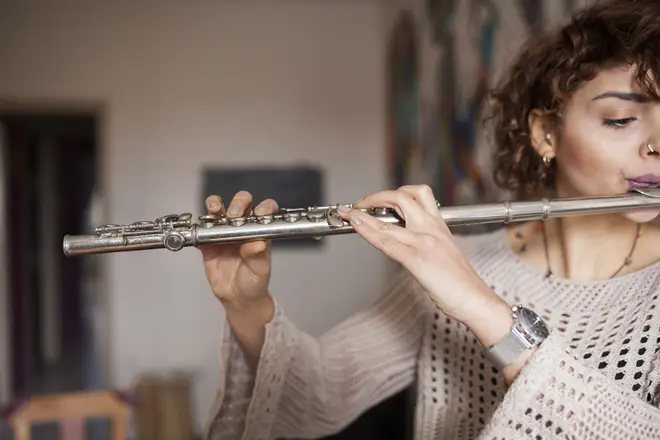Musicians are twice as likely to get tinnitus, new study reveals
21 November 2019, 13:40

A new study confirms concerns that music industry workers are at significant risk of developing tinnitus, due to loud noise exposure.
People working in the music industry are nearly twice as likely to develop tinnitus compared to those in quieter occupations, a new study has found.
Researchers at the University of Manchester compared hearing difficulties and tinnitus of 23,000 employees working in the construction, agricultural, music and finance industries.
While health and lifestyle factors (smoking, lack of exercise, diet) weren’t huge risks, the team found noise exposure was the biggest risk to developing tinnitus.
People with tinnitus experience ringing, buzzing or whistling noises in the absence of any external sound.
Tinnitus, the study says, can be very serious for a musician: the condition can affect musical standards, limit employment and damage general wellbeing.
Read more: Royal Opera House loses appeal over viola player’s hearing damage >

Dr Sam Couth, based at Manchester University’s centre for audiology and deafness, said: “Musicians are advised to wear hearing protection when noise levels exceed 85 decibels, which is roughly equivalent to the noise produced by a passing diesel truck.
“Most amplified concerts exceed 100 decibels, meaning that musicians shouldn’t be exposed to that level of noise for more than 15 minutes without proper hearing protection.”
Read more: How good is your hearing? Take our test >
Earlier this year, the Royal Opera House lost its appeal over the life-changing hearing damage to a viola player who worked in the orchestra. The judge said the Covent Garden venue had failed to monitor noise levels in the pit and enforce the wearing of ear protection by musicians.
Chris Goldscheider, who claimed his hearing had been irreversibly damaged during a rehearsal of Wagner’s Ring Cycle, received £750,000 in compensation.
Joe Hastings, head of health and welfare at Help Musicians UK said: “We welcome this research undertaken by Dr Couth’s department which supports our insights into the risks posed to musicians’ hearing arising from prolonged exposure to noise.
“We are currently working in partnership with British Tinnitus Association to investigate the potentially devastating impact of tinnitus in musicians.”


































